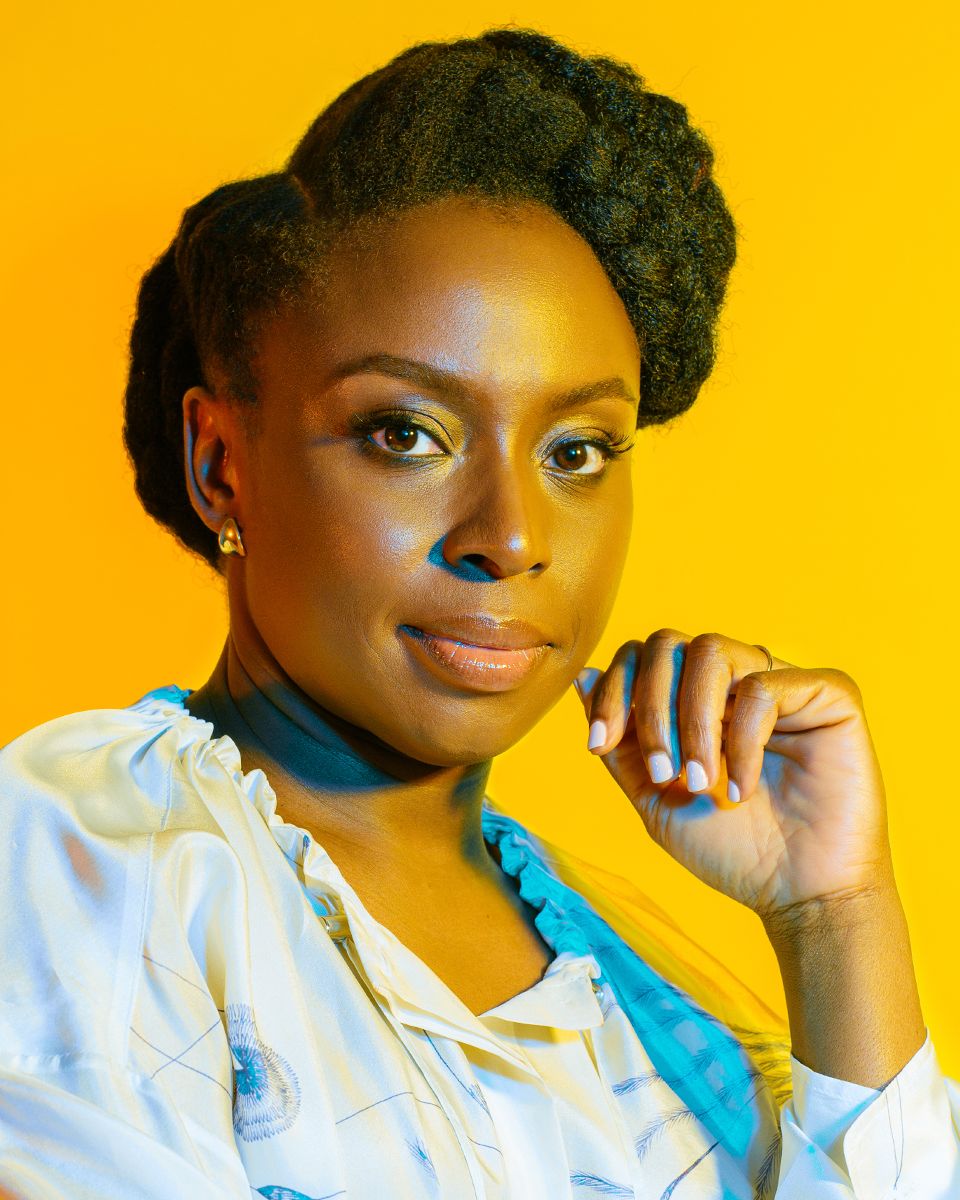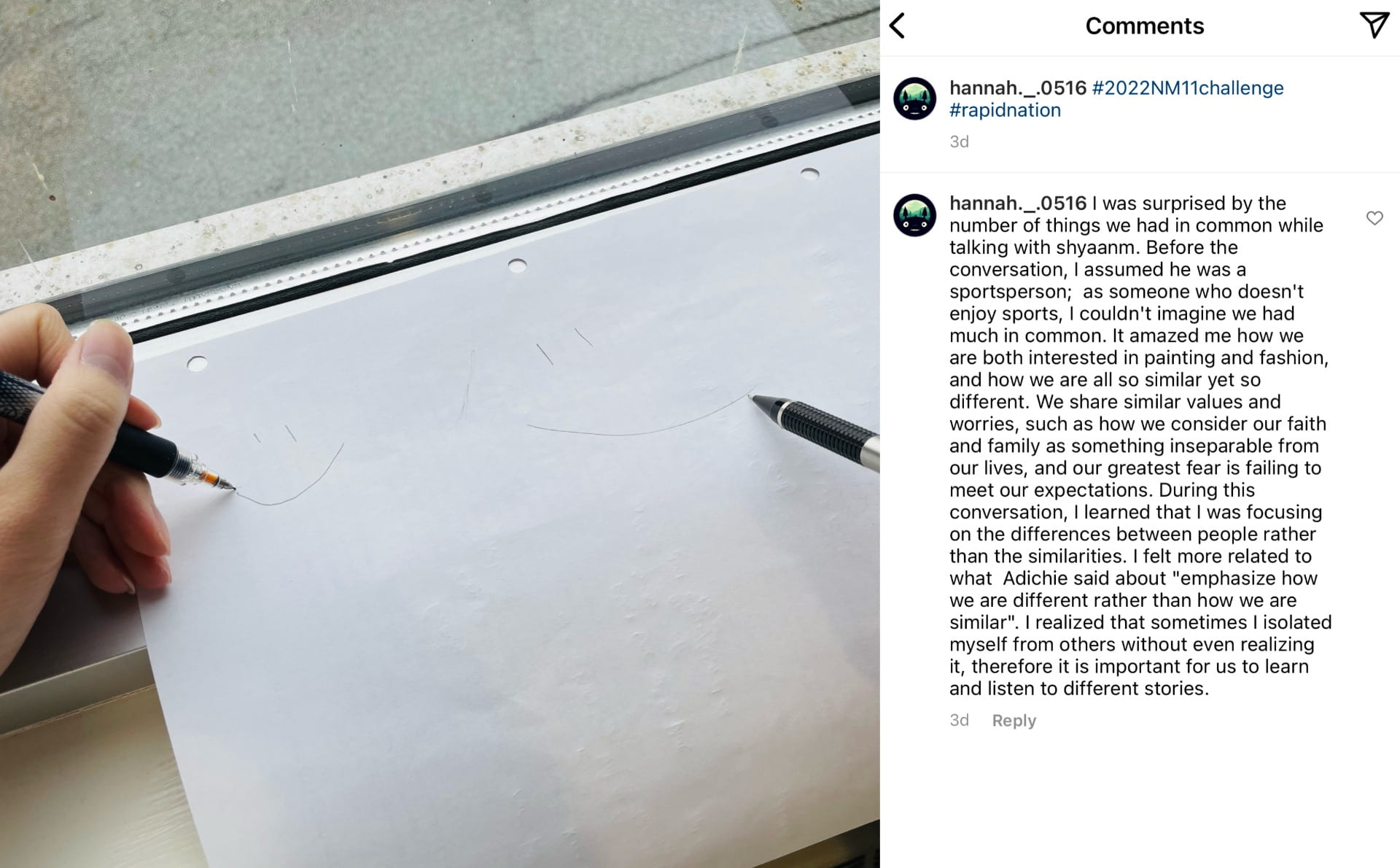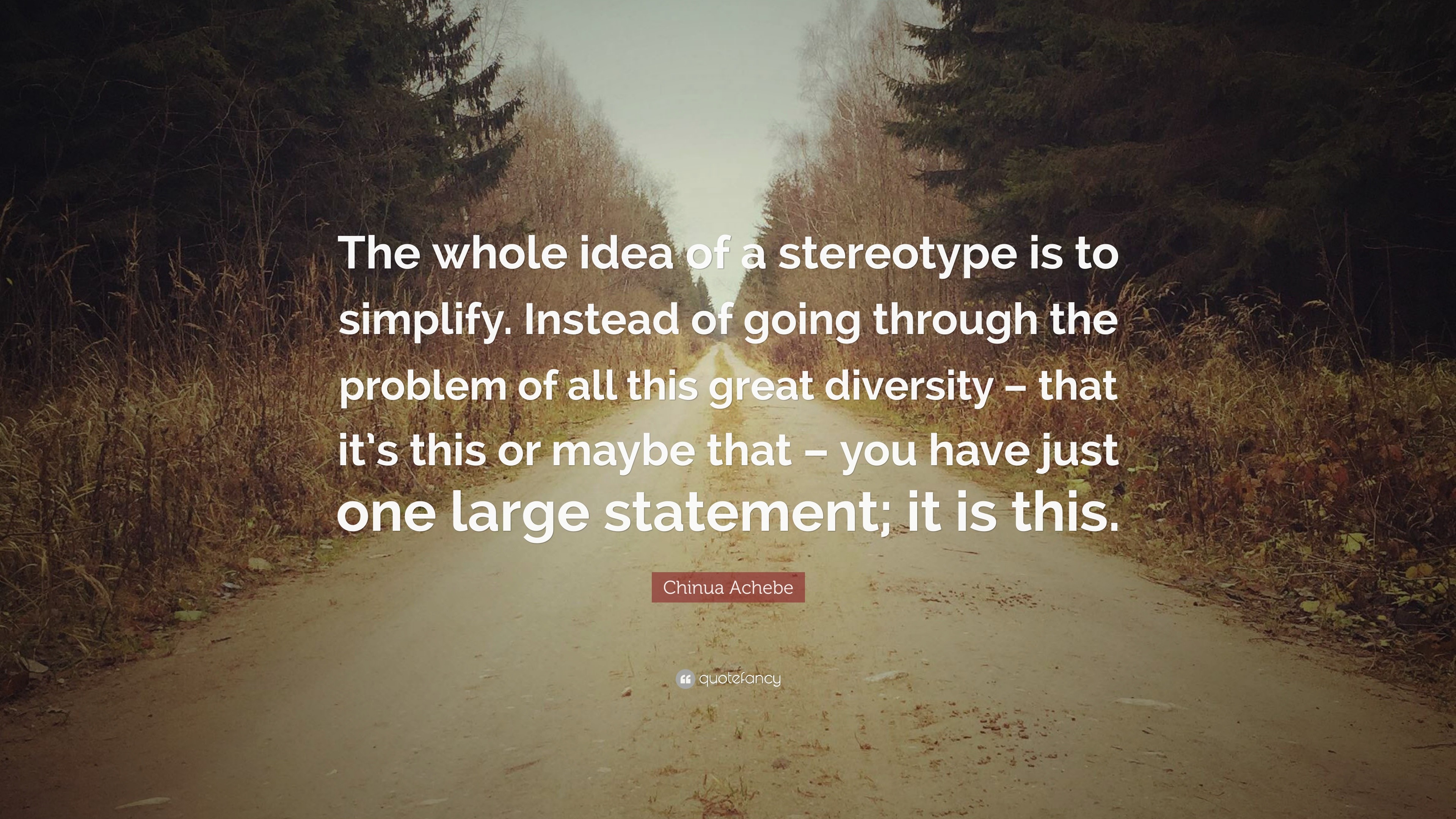Let’s Challenge Stereotype
Where did stereotypes come from? It seems like they are always there, but perhaps it all began with a single story. We’ve all made or believed a single story in our lives, a story told about someone else but from only one perspective. Single stories can shape a person’s opinion, point of view, and perception of a group of people or an individual.
In the TED Talks, The Danger of A Single Story, Chimamanda Ngozi Adichie once said “the problem with stereotypes is not that they are untrue, but that they are incomplete. They make one story become the only story.” She shared about her experience when she was studying at a university in America, and how people made assumptions about her because she was from Nigeria. They assumed Adichie was uneducated, poor, and from a rural country. Her experience revealed that many people are born and raised with a single story about other countries, people, and beliefs and have never looked beyond that single story. However, even Adichie herself, who understands the feeling of being stereotyped the best, had stereotyped others as a result of being influenced by a single story that was widely spread in the media. Because of the media’s portrayal of immigrants, she once saw Mexico as a dangerous country where people lived in harsh conditions. Her story once again proved the power of a single story. When these stories are shared repeatedly, they become the “truth” that people believe.
:max_bytes(150000):strip_icc()/what-is-the-meaning-of-stereotype-2834956_FINAL-05748635242b44c0818e493b4568bc2f.png) Making assumptions is human nature, which makes overcoming stereotypes even more challenging, but this doesn’t mean we can normalize them. Michael Welsch created the video “How to Stop Hating (Country Music)”to demonstrate how to overcome stereotypes and hatred with empathy. In the video, Welsch challenges himself to try to love country music, which he previously hated. Indeed, loving something you once hated may not change the world, but more love and respect will undoubtedly make the world a better and less divided place. As Welsch said, love is “a practice and you can get better at it”, so “experience difference, experience differently, experience more!”.
Making assumptions is human nature, which makes overcoming stereotypes even more challenging, but this doesn’t mean we can normalize them. Michael Welsch created the video “How to Stop Hating (Country Music)”to demonstrate how to overcome stereotypes and hatred with empathy. In the video, Welsch challenges himself to try to love country music, which he previously hated. Indeed, loving something you once hated may not change the world, but more love and respect will undoubtedly make the world a better and less divided place. As Welsch said, love is “a practice and you can get better at it”, so “experience difference, experience differently, experience more!”.
Note that single stories exist everywhere, even if we don’t notice them all the time. The Social Dilemma explains how social media and algorithms are making us more narrow-minded. Social media companies analyze our interests and bombard us with similar content to keep us scrolling. We became so certain of our own beliefs and opinions that we rejected all the alternate perspectives. To balance our information sources, Christopher Seneca advised us to “seek disconfirmation, a term for information that actively contradicts preconceived opinions.” We can free ourselves from the hands of algorithms by constantly seeking out different voices and all aspects of a story.
After watching Adichie’s Ted Talk on single stories and Welsch’s video about overcoming hate, our class discussed how these two videos are connected, as well as the problems with single stories and how we can eliminate them. I was amazed by my peers’ diverse ideas and perspectives, which I had never thought of. These new angles sparked new ideas in me and reminded me again of the importance of listening to others.
 Moving past single stories begins with you and me, therefore our class accepted Welsch’s challenge! Students were paired with someone they had never spoken to or had little interaction with, and we had a 30-minute to learn about each other. The purpose of the activity is for us to spend time with people who are different from us and learn how to empathize with one another. My partner is Shyaanm, and after our conversation, I realized we have a lot in common, particularly our interests in painting, photography, and fashion. I was surprised by the outcome, as I had always imagined us to be very different based on my assumptions. The activity made me realize that maybe our world is polarized because we assume we are so different from each other, but in reality, we are all connected in some way.
Moving past single stories begins with you and me, therefore our class accepted Welsch’s challenge! Students were paired with someone they had never spoken to or had little interaction with, and we had a 30-minute to learn about each other. The purpose of the activity is for us to spend time with people who are different from us and learn how to empathize with one another. My partner is Shyaanm, and after our conversation, I realized we have a lot in common, particularly our interests in painting, photography, and fashion. I was surprised by the outcome, as I had always imagined us to be very different based on my assumptions. The activity made me realize that maybe our world is polarized because we assume we are so different from each other, but in reality, we are all connected in some way.
If only 30 minutes could turn my thoughts upside down, how much of an impact would it have if everyone spent 30 minutes talking to other people? Talking to someone new can be hard, but once you take the first step, you will experience a completely different world. We can complete these single stories by becoming more empathetic readers and listeners, and also by sharing our own stories and experiences.
Photo courtesy to Vulture
Photo courtesy to Quotefancy
Photo courtesy to ThoughtCo. / Melissa Ling


1 comment for “New Media Challenge”